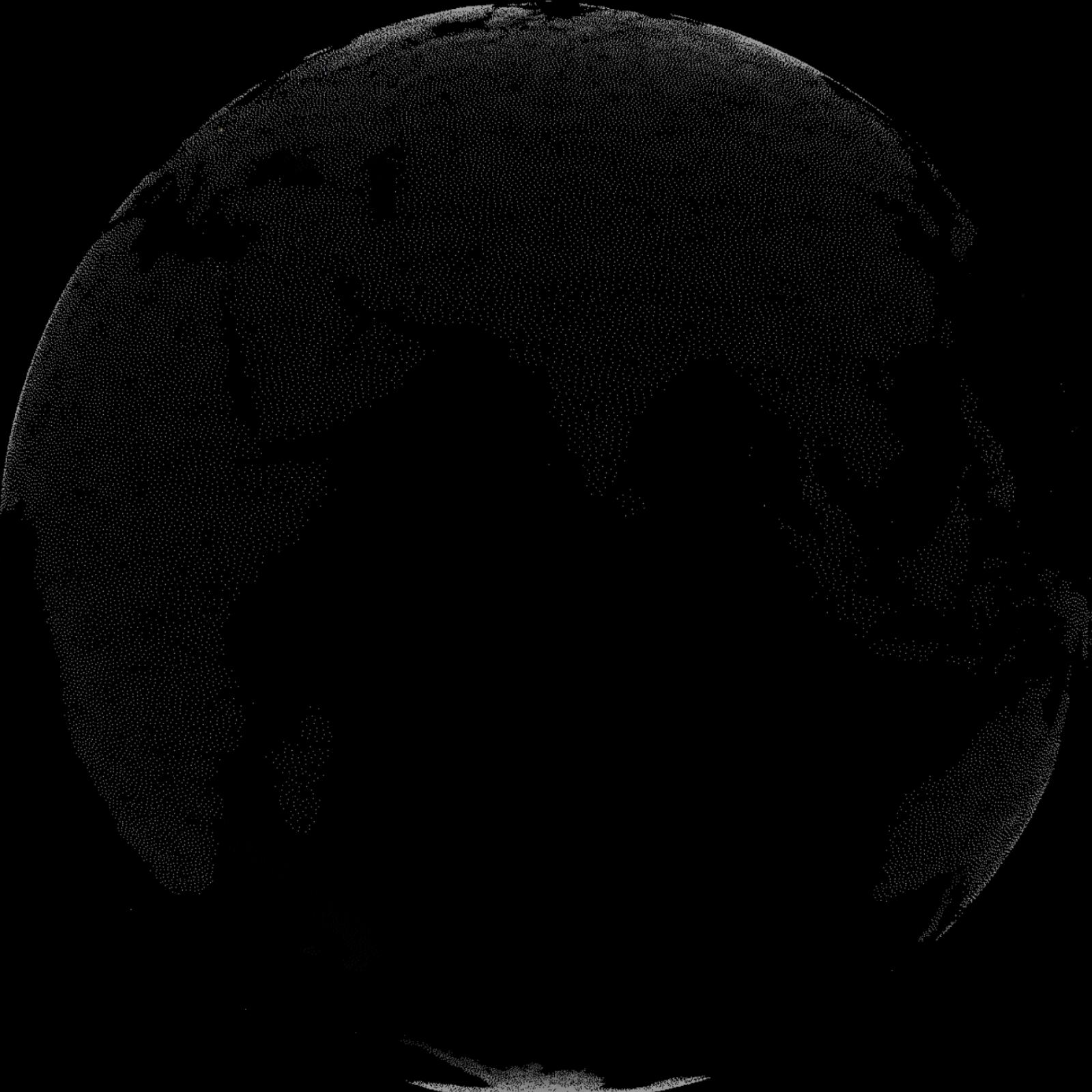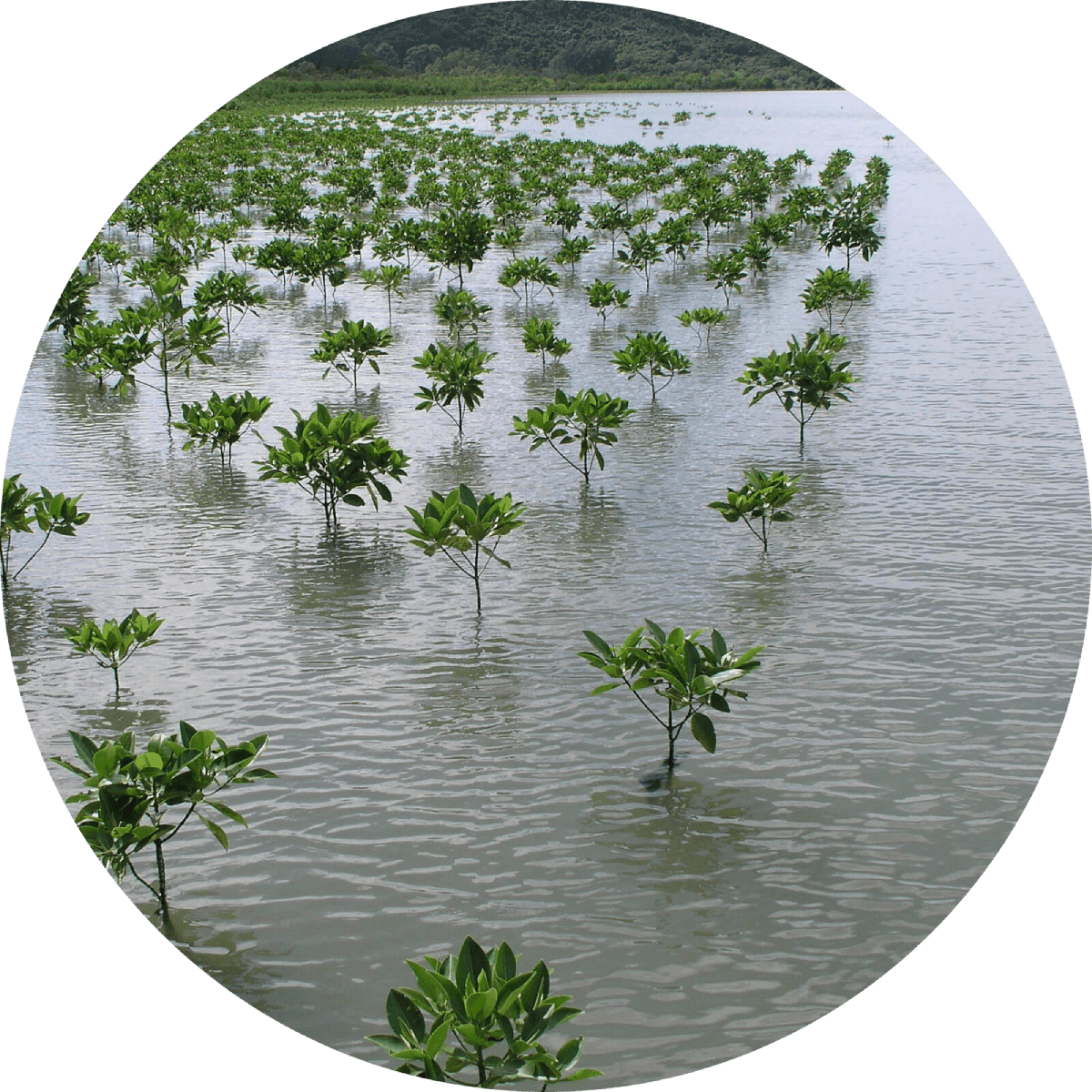"Four out of five emperor penguin colonies in Antarctica’s Bellingshausen Sea region very likely lost their chicks late last year because of disappearing sea ice underneath their breeding grounds . . . It’s the first time scientists have seen a widespread failure across multiple penguin colonies in a region . . . Sea ice levels around Antarctica in 2023 are likely to reach record low levels by a wide margin. This sudden drop has alarmed scientists and has some speculating that Antarctic sea ice is entering a new, unstable state."
"Emperor penguins have been listed as a threatened species under the Endangered Species Act because the animals’ sea ice habitat is shrinking . . . Experts predict that 99 percent of the world’s emperor penguin population will disappear by 2100 without significantly reducing carbon pollution. The Antarctic sea ice, where the penguins spend much of the year, is under stress. Heat-trapping gases released by humans’ use of fossil fuels is causing the ice to disappear and break apart. That ice is essential to the animals’ livelihood — it is where they breed, raise their chicks and escape predators."
“An iceberg about the size of the state of Delaware split off from Antarctica’s Larsen C Ice shelf sometime between July 10 and July 12 . . . In 2014, a crack that had been slowly growing into the shelf for decades suddenly started to spread northwards, creating the nascent iceberg. Now that the close to 2,240 square-mile (5,800 square kilometers) chunk of ice has broken away, the Larsen C shelf area has shrunk by approximately 10 percent.”
“The seas around Antarctica are being polluted by plastic that has drifted from thousands of miles away, a study has found. Antarctica was thought to be protected from plastic pollution by a strong circumpolar current that moves clockwise around the continent. However, scientists have found levels of tiny plastic particles five times higher than could have come from any local source of pollution . . . Wastewater, including from washing machines, pumps plastic pollution into the oceans. A polyester fleece jacket can release 1,900 fibres in a wash.”
“On Feb. 13, the combined Arctic and Antarctic sea ice numbers were at their lowest point since satellites began to continuously measure sea ice in 1979. Total polar sea ice covered 6.26 million square miles, which is 790,000 square miles less than the average global minimum extent for 1981-2010 — the equivalent of having lost a chunk of sea ice larger than Mexico.”
“Two new studies by researchers at NASA and the University of California, Irvine detect the fastest ongoing rates of glacier retreat ever observed in West Antarctica and offer an unprecedented direct view of intense ice melting from the oating undersides of glaciers.”
“World powers have agreed a deal to create one of the largest marine protection parks in the pristine waters off the coast of Antarctica, overcoming Russian concerns after several years of difficult negotiations. The breakthrough came this week in Hobart, Australia, where representatives of 24 countries and the EU backed a proposal by the US and New Zealand to establish a marine protection area in the Ross Sea . . . The Ross Sea is a 3.6m sq km stretch of water off the coast of Antarctica often described as the ‘last ocean’ by scientists, who say it is the most pristine stretch of ocean left on earth. It is home to Adélie and emperor penguins, killer whales and almost a hundred species of fish, and remains largely free of pollution and unaffected by human activity.”
“While no single country can unilaterally determine the fate of the Southern Ocean, one nation — China — can play a major role in helping to safeguard this stunningly beautiful region. China is one of 25 members of CCAMLR, which has a mandate to conserve marine life around Antarctica... But shing all over the world has become more competitive, with about 90 percent of all sh stocks overexploited. Chinese eets, along with those of other nations, have looked to the Southern Ocean to ll the holds of their shing vessels. In fact, in a widely quoted statement earlier this year, Liu Shenli, chairman of the China National Agricultural Development Group, said, ‘We will increase our investment in the Antarctic area in terms of krill shing. The Antarctic is a treasure house for all human beings, and China should go there and share.’”
“Despite its hostile environment, Antarctica is home to extraordinary wildlife. But climate change is changing ecosystems there. Emperor penguins and Weddell seals may see dramatic declines by the end of this century... These two species in particular are so nely tuned to the rhythm of ice, that even small variations can have a major impact on their breeding success... If changes in sea ice continue to in uence Emperor penguins as they have over past decades... this would result in declines of more than half the current population by the end of the century.... If sea ice were to disappear... Weddell seals would face invasion into their habitat by other seal species, as well asmajor shifts in the food web. And this could spell extinction for another Antarctic icon.”
“The Ross Sea, a deep bay of the Southern Ocean in Antarctica, is the most pristine and untouched expanse on the planet. It's a fragile ecosystem and home to countless land, air, and ocean species, such as the Antarctic tooth sh, more commonly known as Chilean sea bass. Several years ago, New Zealand began to allow limited shing in this area, and in recent years up to 20 other countries have begun commercial shing operations, to the extent that the tooth sh is in grave danger of disappearing. And with its absence, the change in the food chain has brought danger to penguins, orca, and many other native creatures.”
“In the past few decades, scientists have discovered that parts of Antarctica have been warming faster than anywhere else on Earth. Icebergs appear to break away more frequently (though we don’t know for sure, since we haven’t known the continent long enough to make a fair comparison). On the northernmost and hence warmest part of the continent — the Antarctic Peninsula stretching toward the southern tip of South America — there is almost a perceptible sense of change: the drip, drip, drip of a freezer that is beginning to defrost. Entire ice shelves there have shattered.”
“Anatarctica, the most pristine continent on Earth, has a dirty secret. Human waste is being dumped there as governments turn a blind eye to normal standards. More than half of 71 Antarctic scientific stations surveyed lack any kind of sewage treatment system . . . Fouling of the nearby marine environment was, until 2003, clearly visible at the largest station, the US McMurdo base. It had no treatment, and high densities of coliform bacteria damaged sea life along a one-kilometre shoreline. More recently . . . there was evidence salmonella bacteria had been brought to Antarctica by people, and E.coli had turned up in Antarctic wildlife for the first time, in fur seals.”
“An area of ice thought to weigh almost 500 million billion tonnes has broken off the Antarctic continent and shattered into thousands of icebergs in one of the most dramatic examples yet of the effects of climate change. Scientists from the British Antarctic Survey said yesterday the speed of the complete disintegration of the 200-metre thick, 3,250 square kilometre Larsen B iceshelf was ‘staggering’ They had predicted the collapse of the continent’s northernmost ice shelf four years ago following evidence of the retreat of many glaciers on the Antarctic Peninsula, but the nal break up of the whole shelf took just 31 days and has shocked glaciologists with its scale and speed.
“Antarctica’s ancient ice shelf has begun to break up in warming seas that are slowly beginning to destroy a barrier insulating the continental ice cap from melting, scientists warn . . . 'The first thing I did was cry,’ said Dr. Rodolfo del Valle. Flying 2000m overhead in a light plane, he saw the ice shelf beginning to break up exposing patches of sea, probably for the first time in 20,000 years. Many scientists believe that even its partial disappearance could prove catastrophic. The ice cap contains 70 per cent of the world’s freshwater and if it all melted away that would cause sea levels to rise by up to 90m.” — Dr. Rodolfo Del Valle


Learn about Maya Lin’s fifth and final memorial: a multi-platform science based artwork that presents an ecological history of our world - past, present, and future.

Discover ecological histories and stories of former abundance, loss, and recovery on the map of memory.

Learn how we can reduce our emissions and protect and restore species and habitats – around the world.

See how art can help us rethink the problems we face, and give us hope that each one of us can make a difference.

Help make a global memorial something personal and close to home. Share your stories of the natural world.